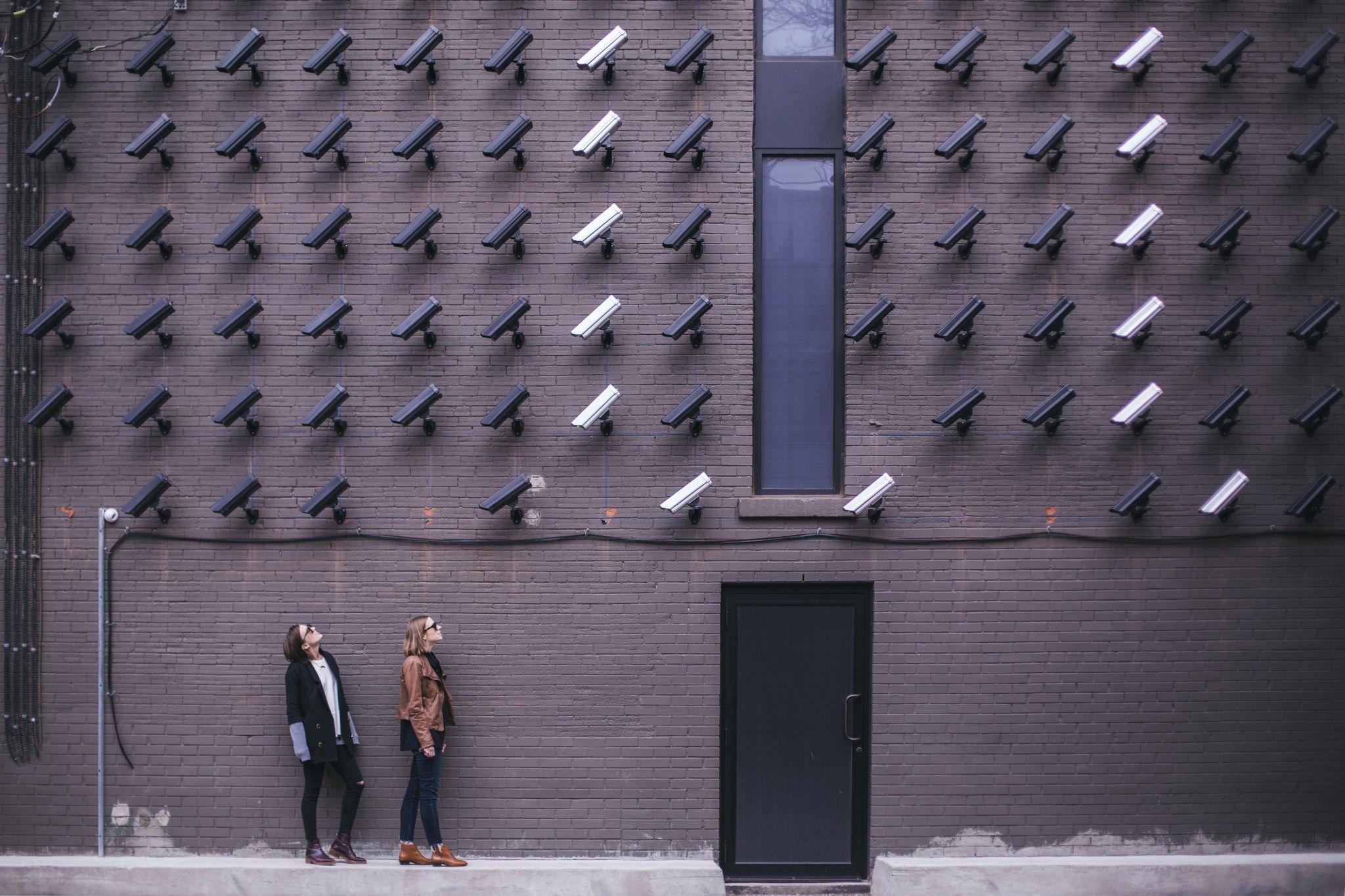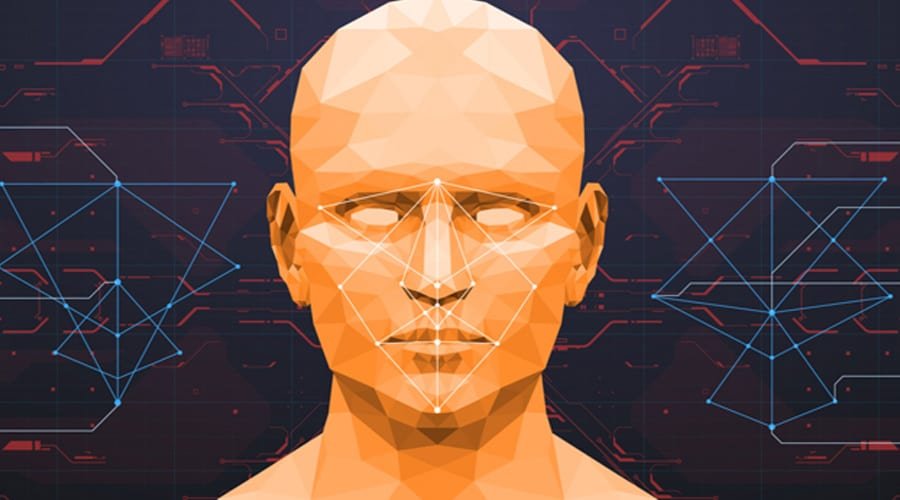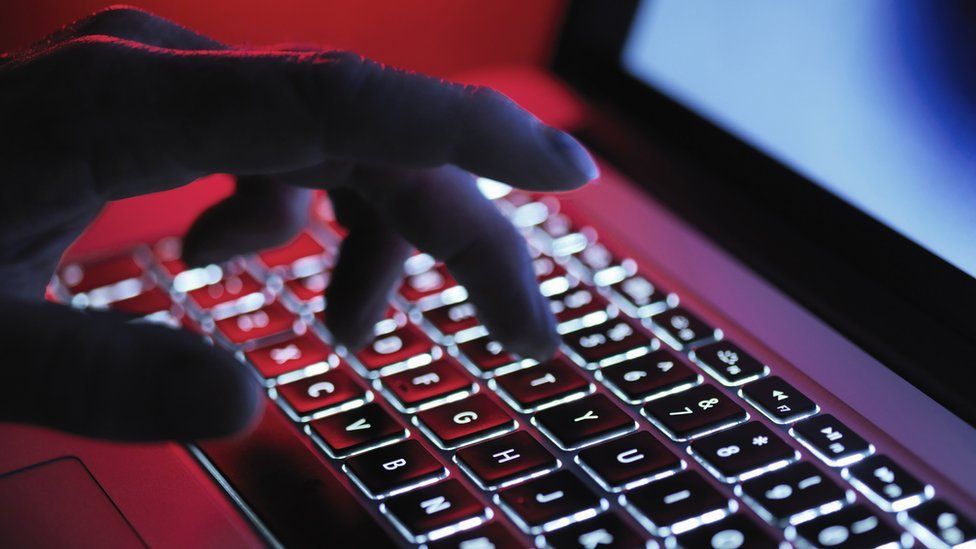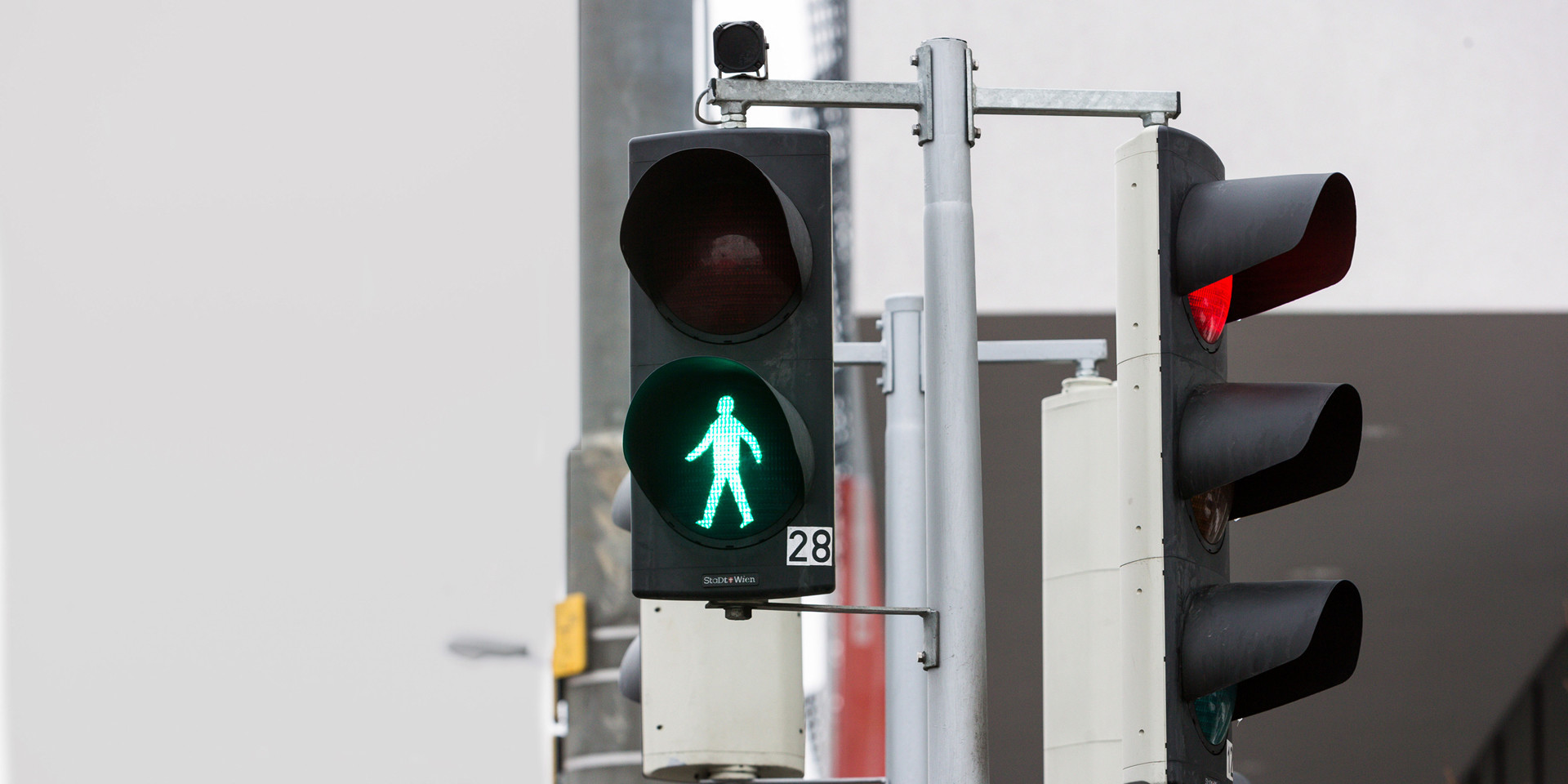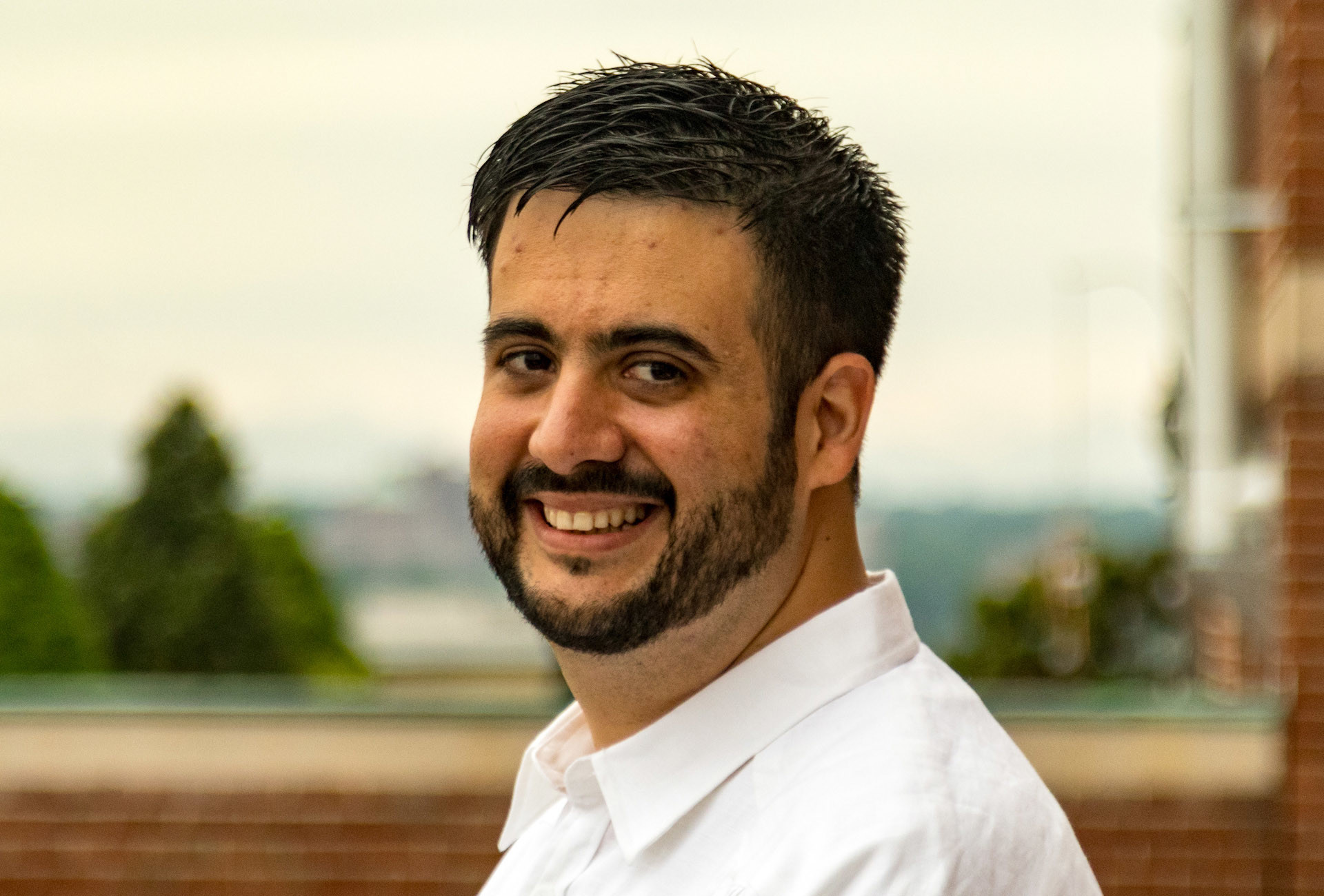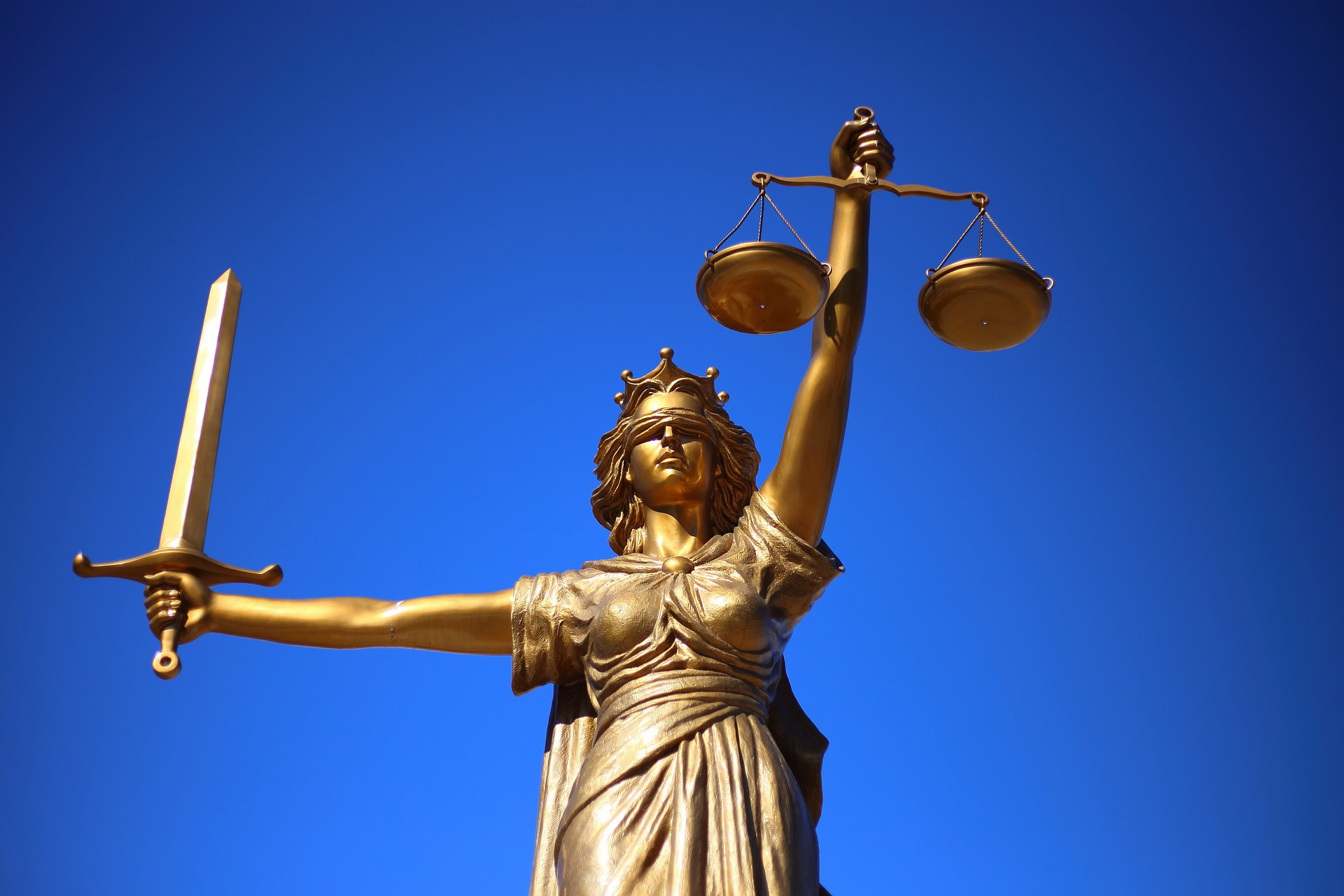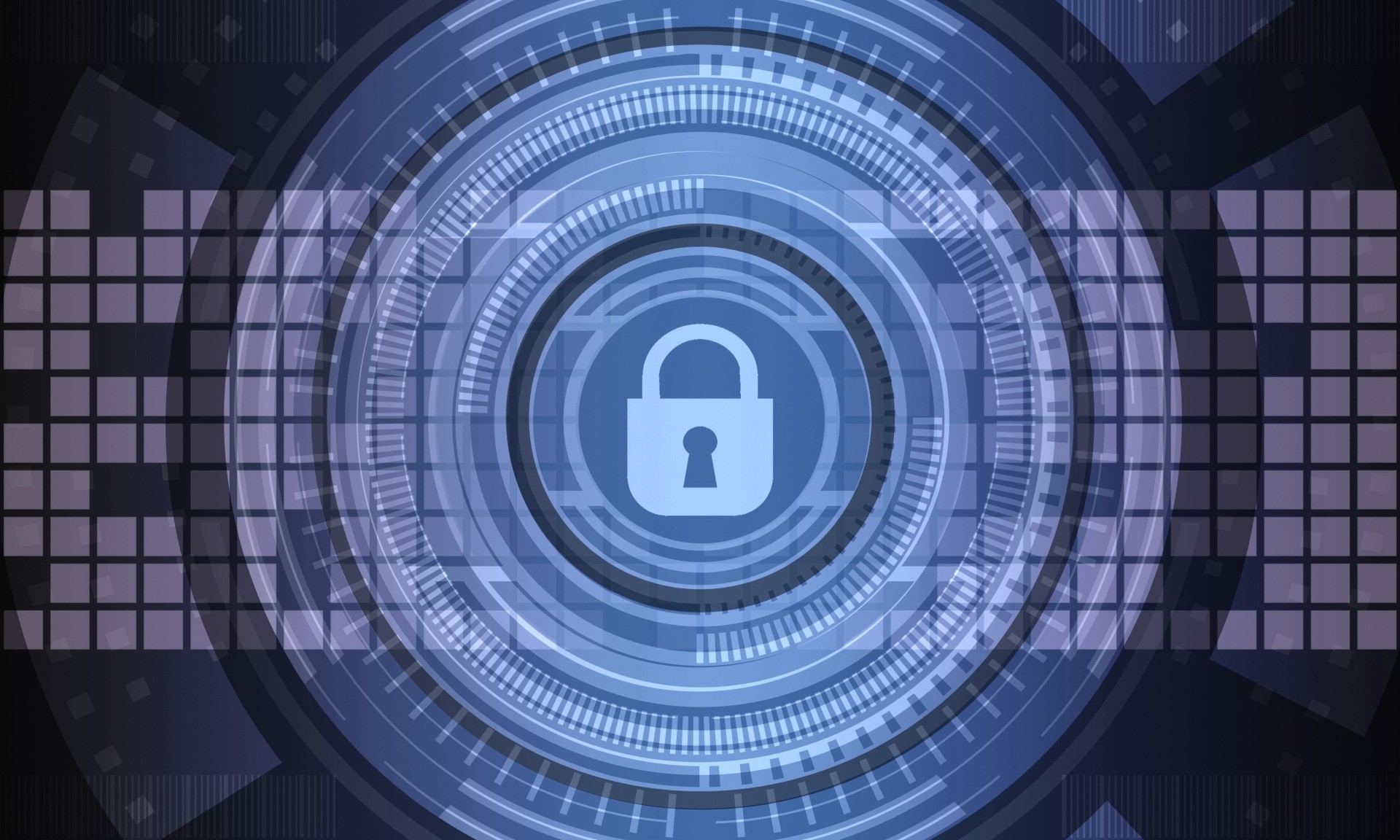Author | Jaime Ramos
We are living in a strange era of online ratings and "likes" filtered by powerful big data management tools and artificial intelligence. When this collection of data is based on an institutional citizen conduct grading system (with rewards and punishments), we then refer to it as a social credit system.
This type of instrument has led to an in-depth ethical and moral debate, between those who consider it to be a form of institutionalized social engineering and based on a conditioned reflex; and those who see it as an opportunity to promote coexistence and tackle complex challenges.
In this regard, since the start of the millennium China has been testing the possibilities of its social credit system. Despite its critics, the country has focused more on boosting economic benefits than designing a formula of mass repression. According to the People’s Bank of China, by the end of 2020, the program covered 1.1 billion inhabitants and 47 million companies and businesses. These figures give us a good idea of the pros and cons involved in this technique for governance.
Advantages of China’s Social Credit System
China’s Social Credit System: #XiJinping has big plans for #China. To be decided at upcoming #19PC #PartyCongress pic.twitter.com/k49XABh4IY
— MERICS (@merics_eu) August 17, 2017
Below we shall analyze the advantages of the Chinese example. The official message is that the system is simply meant to create a predictable, fair and transparent business climate. The alleged benefits include:
- Reduced crime rates and improved security.
- Economic development and financial stability.
- Consumer protection.
- Civic behavior and citizen responsibility.
- Greater administrative efficacy and political personalization.
- Reduced corruption.
The latter has been a key point in how well participants accepted it. Up to 80% of participants in these programs were in favor.
Disadvantages of the China’s Social Credit System
Some of the Dystopian threats that could emerge from the Chinese case are:
- Less freedom of expression.
- Invasion of privacy and collection of sensitive information.
- Permanent surveillance.
- Injustice and discrimination based on the opacity of criteria and arbitrariness.
- Restricted mobility.
China’s Social Credit System
China’s example is a complex one. While the official message transmits confidence indicating that the system does not foster punishment formulas and undertakes to develop an ethical tool that does not include, for example, harmful use of AI, its fiercest critics have been asking for it to be stopped for years, listing some of the consequences. In 2018, for example, China banned 23 million offenders from buying plane or train tickets. 128 people were not allowed to leave the country as a result of not paying taxes.
These examples are part of the reason the Chinese authorities had to offer clarifications and added new criteria for the system, specifying, in particular reasons and categories for punishment and, at the moment, limiting its application to fiscal matters and focusing more on legal entities.
PayPal and its attempted social credit as an experiment beyond China.
The Chinese case is unique and has an impact on today’s use of technology, in particular, regarding data collection and privacy management. We recently witnessed the debate on the $2,500 fine that PayPal was going to impose on users who contributed to the spread of misinformation. An initiative that ended up being revoked.
What does seem to be clear is that this is a dispute with an obvious legal loophole due to technological variables. Societies have been perfecting codes to regulate criminal and civil responsibility for centuries; or those of public administrations with regard to citizens. In fact, the Latin phrase Quis custodiet ipsos custodes? isaround 2,000 years old. The key seems to lie in establishing when rights and freedoms have been breached or restricted, even if they are voluntary or technologically advanced.
Images | Freepik/freepik































